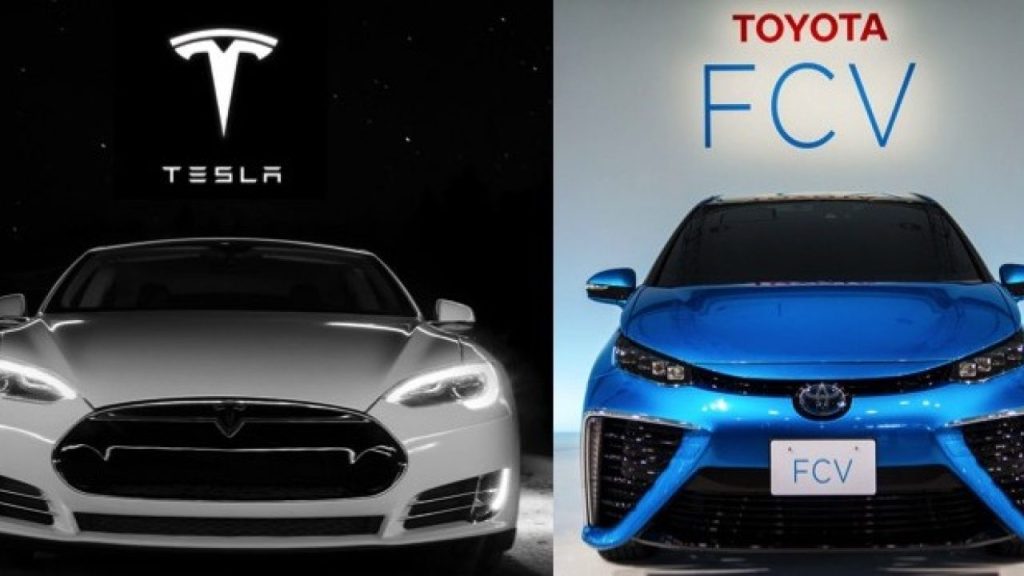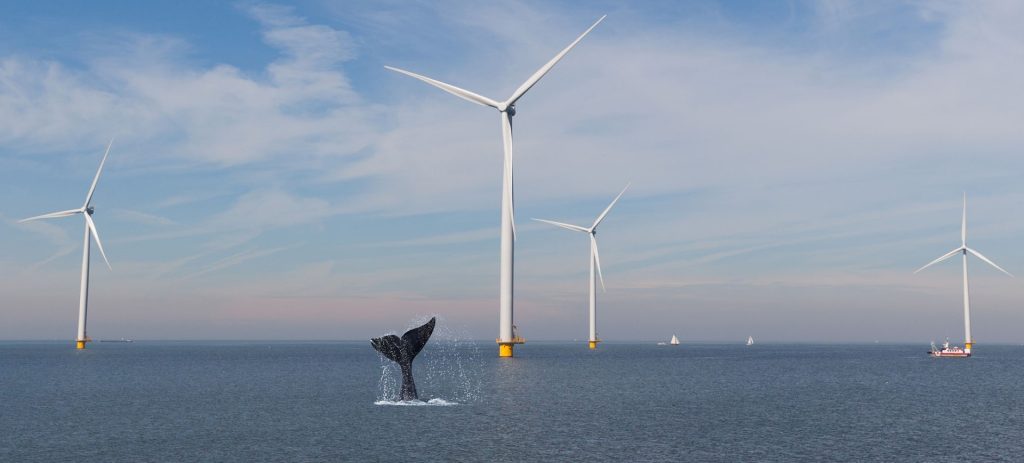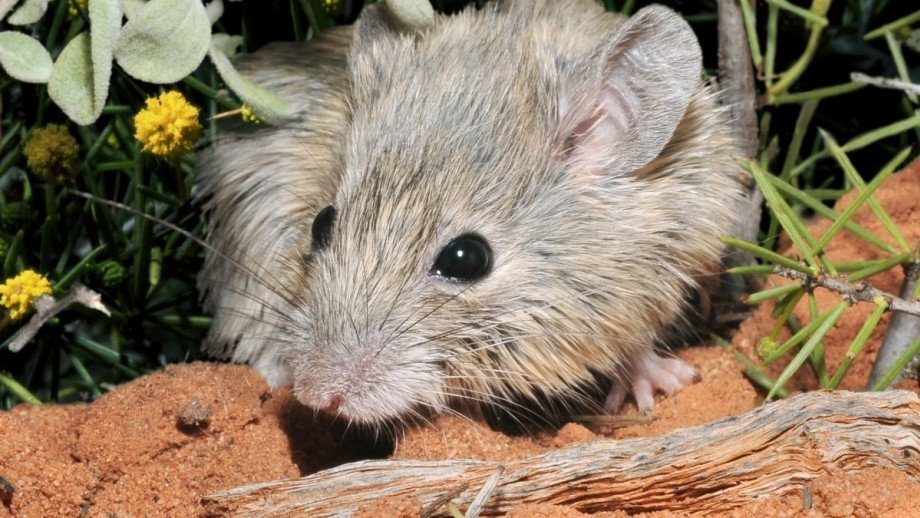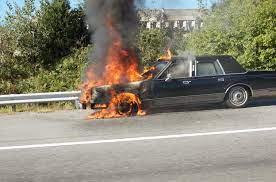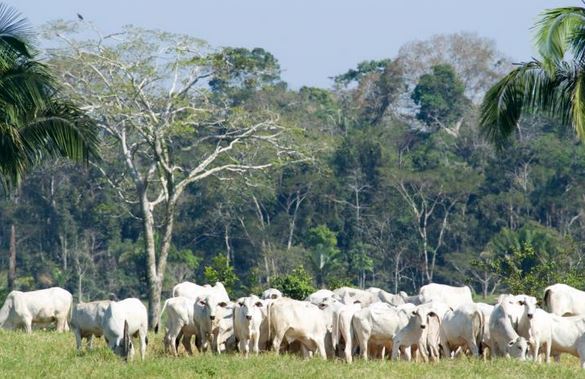
The problem with stopping deforestation, is that for the majority of the world we are far removed from rainforests (from where I sit in the UK, I would have to travel 3250km (over 2000 miles) to the nearest rainforest, which is an area on mainland India). Indeed, rainforest is generally something that only survives in developing countries.
This means that, for most people, they either live far removed from the rainforest, and so cant see it impacting them, or they live near a rainforest, but are struggling to provide for their family and those around them. It is quite true that many people in both the first and third world would like the rainforest to survive – indeed, should you talk to people in the west, many are very worried about the survival of the great apes, who are rapidly loosing land.
The problem is simple. Those living in the third world are living hand to mouth, so unless they work in tourism, the rainforest is often an inconvenience that makes life harder.
In 2023 a total of 6.4 hectares of forest were destroyed – more than 25,000 square miles. However, more concerning is the fact that 62.6 million hectares of forest (almost quarter of a million square miles) was degraded – for road building, logging, and forest fires. Degraded land is often less good for carbon storage, as well as conservation of the worlds wild species. It is often, then not long, before someone comes along a removes the rest of the plants so that the land can be used for something else.
And what was this deforestation for (other than logs)? Beef, soy, palm oil paper and nickel.
The Brazilian Amazon is one of the bright spots, where since the election of Luiz Inacio Lula da Silva, deforestation has fallen 62%. Unfortunately, in the same time period, Indonesia’s deforestation is up 57%
It seems hard to see how the world will meet its goal of cutting deforestation to zero by 2030 as most countries have pledged. Also, despite reductions in deforestation, the Amazon has had one of the hardest years in terms of forest fires – something that only gets more likely as rainforests are lost, and climate change increases the temperature in many parts of the world. It is a sad fact, that there is often not a great deal of temperature difference between a rainforest which is functioning, and one that dries out and becomes a fire hazard.
Having said all this… a study in Indonesia has found that controlled low-intensity logging doesn’t have to negatively impact a forest in terms of carbon storage or food availability – this in turn means that much wildlife can survive.
The problem often is that if the land is in private hands, then low- intensity logging is not going to happen. If the landowner has decided to deforest, they will raze the land. In national parks, in theory low intensive logging would be possible, but this would require people to control the logging, and this is the issue that we have in the first place. Unfortunately, despite the pledge by 140 countries, deforestation is coming back.
In a related subject, the Indonesian president Prabowo Subianto has stated that palm oil expansion won’t deforest because palm oil has leaves. There are many issues with this, but perhaps primarily amongst them, when forests are cut down, they are usually replaced with grass lands for grazing cattle – these are also covered in leaves. This is obviously stupid – it may well be a better thing, that the rainforest is going to be replaced with plantations, but it has been shown that palm oil plantations take up a tiny proportion of the carbon that rainforests take up.
In another article, there was a finding that macaques living in palm oil plantations have an alarming infant mortality. Unfortunately, these macaques are not unique in being threatened by palm oil, but others include orangutans, elephants, tigers, pangolins, bonobos, and Irrawaddy dolphins.
While palm oil may be a better vegetable oil than other crops, it still looks like it will lead to us loosing most of our rainforests, unless a grip on this is found.

